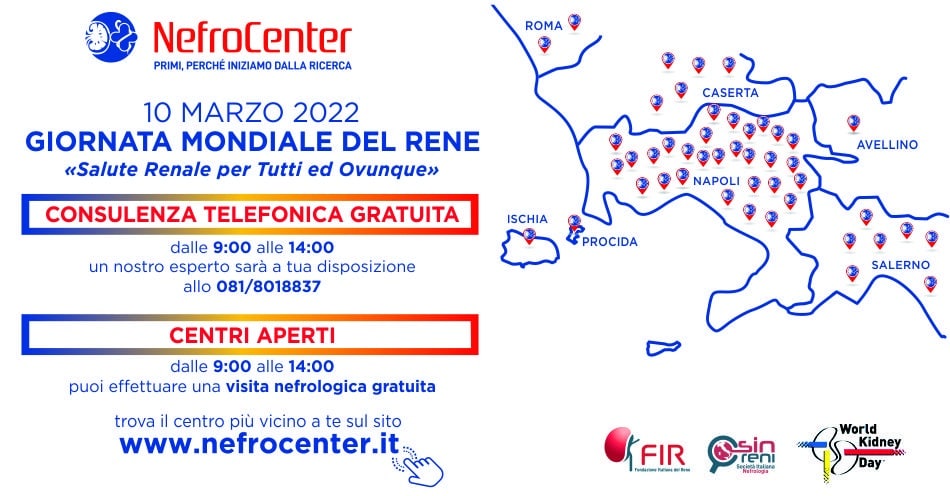Angiology, or vascular medicine, is the medical specialty dedicated to the diagnosis, treatment, and prevention of diseases affecting the peripheral circulatory system, namely the arteries, veins, and lymphatic vessels, excluding the heart (cardiological relevance). An efficient vascular system is essential to ensure the supply of oxygen and nutrients to all tissues and to remove metabolic waste. Our specialists treat a wide range of vascular diseases, which are extremely common in the population. Among venous diseases, the most common are chronic venous insufficiency (causing varicose veins, edema, skin changes), deep vein thrombosis (DVT), and superficial thrombosis (phlebitis). On the arterial side, the angiologist manages peripheral artery disease (PAD), often caused by atherosclerosis, which narrows the arteries of the lower limbs causing pain during walking (intermittent claudication). Other areas of intervention include abdominal aortic aneurysms, carotid artery stenosis (a risk factor for stroke), and lymphedema (lymph accumulation). Diagnosis is based on a thorough specialist examination and non-invasive imaging techniques such as the Color Doppler ultrasound, a fundamental test that allows visualization of the vessels, study of their morphology, and analysis of blood flow. Treatment is personalized and may include pharmacological therapy, elastic compression, lifestyle modifications, and recommendations for endovascular or surgical interventional procedures.

















